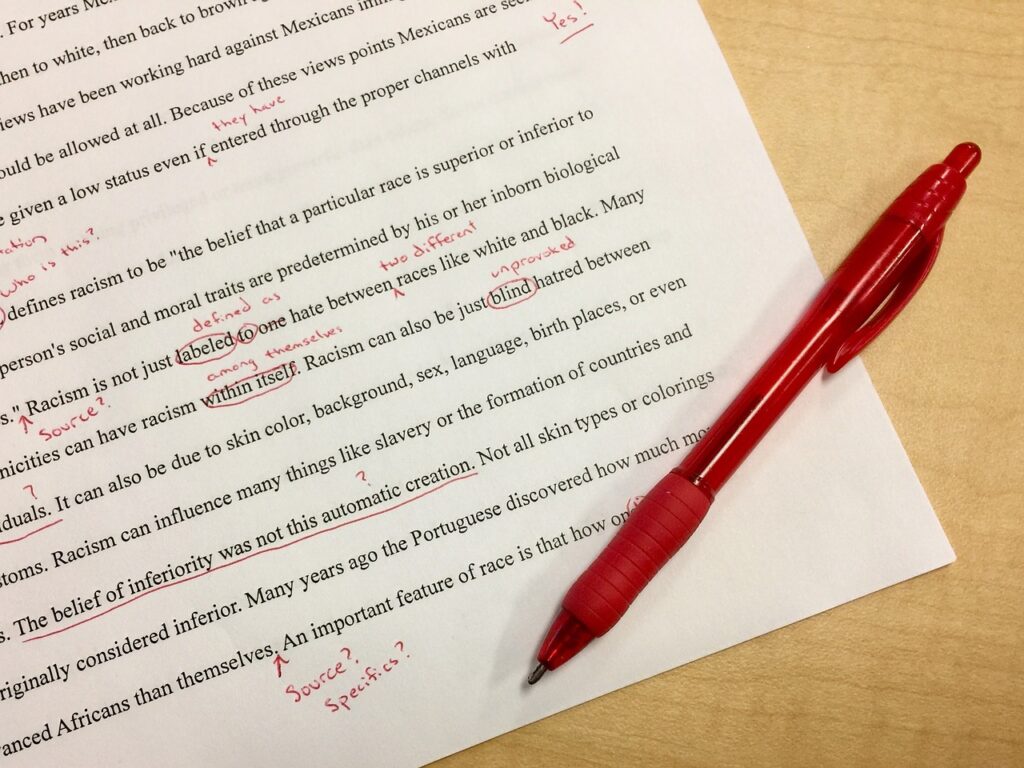
You’ve completed a first draft of your manuscript. Congratulations! Now you need it checked by a developmental editor.
Developmental editing is the process where the editor critically examines the manuscript and addresses all the major issues, including style issues, sentence phrasing, and pacing. The key word is critically because the work can result in substantially changing the manuscript for the better.
Developmental editing goes by many names:
Structural editing because it delves into the structure;
Content editing because the content is critically analyzed;
Comprehensive editing because it looks at the comprehensive picture;
Story editing because the overall story is examined;
Macro editing because it looks at the overall picture and doesn’t sweat the details.
The bottom line is that a developmental editor focuses on the big picture. This is important because it’s easy for you to be captivated by your passion in your subject matter. But will your audience feel the same way? A developmental editor makes sure they do.
Developmental editing involves recommending how to break down the book’s overall message into understandable bits. To do so, a developmental editor might ask the following questions:
What are you trying to say?
Who is your audience?
Are you reaching them with what you’ve written?
What are your main points, and are you articulating them clearly so your audience understands them?
Is your book structured in such a way that it’s easy to follow, and does it follow a logical path so the reader doesn’t get lost or confused?
It is very important you have an outside set of eyes look at the overall view. You typically are intimately involved and might assume what you know is universally understood by the reader. Very often, it isn’t, and a developmental editor can highlight points that need to be further explained so the audience has the same understanding as you want them to have.
A developmental editor will act as a reader and help you gain perspective and show what works and what doesn’t from the reader’s perspective. Then the editor will make suggestions on what needs to be done so that you can fix the problems.
This kind of editing, in some cases, can also help you avoid getting entangled in legal complexities due to issues such as plagiarism, libel, or missing permissions. A developmental editor ensures that your manuscript isn’t going to face legal challenges. Nor will it be hampered by any bias or prejudice, such as with race, color, creed, religion, political opinion, or age or gender, that might alienate a part of your audience and result in lower book sales at a minimum and legal challenges at worst. These issues need to be addressed before publication.
To many first-time authors, your book is your baby, and you want what’s best for your baby. Partnering with a developmental editor accomplishes this because this type of editing provides guidance for how to fit all the big-picture elements together into a cohesive book. Working with a professional like me increases the likelihood that your baby will grow — through subsequent drafts — into the book you always envisioned. Contact Lee for book editing in San Francisco today.
Want to talk about it? I can be reached at (818) 521-1675, lee@leebarnathan.com, or on LinkedIn.
Next: What developmental editing isn’t
Let's Start A New Project Together
Contact me and we can explore how a ghostwriter or editor can benefit you.
